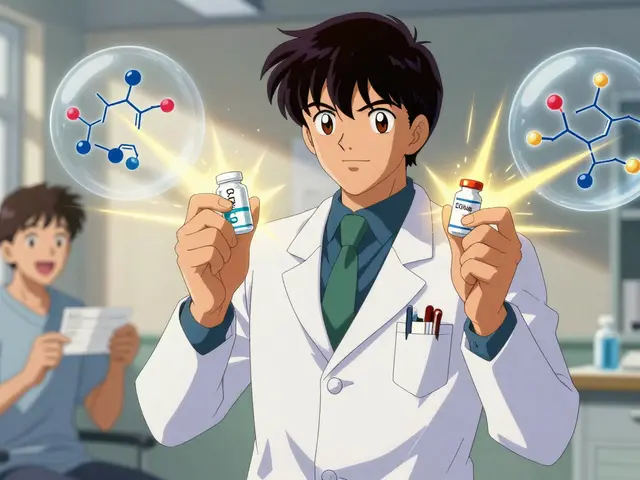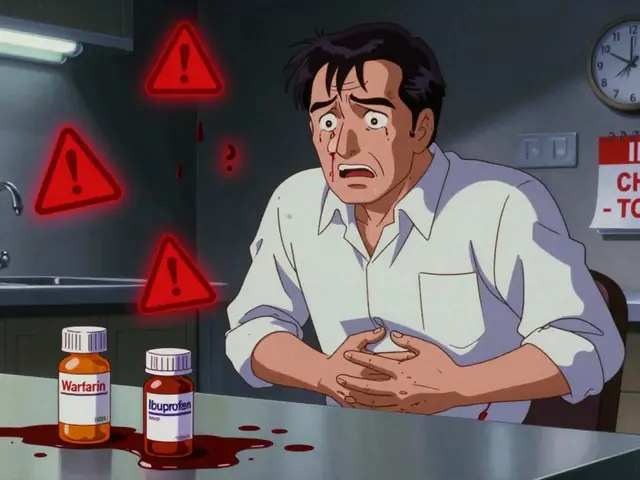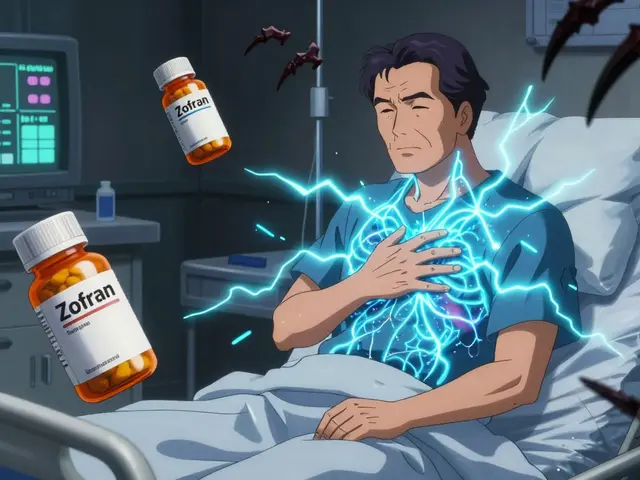Statin Medication: What It Is, How It Works, and What You Need to Know
When your doctor says you need to lower your cholesterol, they’re often talking about statin medication, a class of drugs designed to reduce low-density lipoprotein (LDL) cholesterol in the blood. Also known as HMG-CoA reductase inhibitors, statins are among the most studied and widely used drugs for preventing heart disease and stroke. They don’t just take the edge off bad cholesterol—they actually slow down the liver’s ability to make it, which can reduce plaque buildup in your arteries over time.
Statin medication isn’t just for people with high cholesterol numbers. If you’ve had a heart attack, have diabetes, or are at high risk for cardiovascular disease, your doctor might recommend it even if your cholesterol seems okay. That’s because statins do more than lower LDL—they also reduce inflammation in blood vessels, which is a hidden driver of heart problems. The real-world impact? Studies show people taking statins regularly have up to a 30% lower risk of heart attack over five years. But it’s not magic. You still need to eat well, move regularly, and stick with the medication.
Not everyone tolerates statins the same way. Some people feel fine. Others get muscle aches, fatigue, or even digestive issues. Rarely, they can cause liver enzyme changes or raise blood sugar levels slightly. That’s why it’s not a one-size-fits-all solution. If one statin doesn’t work for you, another might. And sometimes, switching to a different cholesterol-lowering drug—like ezetimibe or a PCSK9 inhibitor—makes more sense. Your doctor will look at your full health picture, not just the number on a lab report.
What you’ll find in the posts below isn’t just a list of drug names. It’s real talk about how statin medication fits into daily life. You’ll see comparisons with other drugs, tips for managing side effects, and stories from people who’ve been on them for years. You’ll also find posts about related topics like LDL cholesterol, the main type of cholesterol statins target, how it affects your heart, and why it matters more than total cholesterol. You’ll learn about cardiovascular disease, the broader condition statins help prevent—and how lifestyle changes can either support or undo the benefits of the pill. And yes, you’ll see honest takes on statin side effects, the common complaints people actually experience, not just the ones listed in brochures.
There’s no sugarcoating it: taking a daily pill for years can feel like a chore. But for millions, it’s the difference between staying active and being sidelined by heart trouble. The goal here isn’t to scare you or sell you on statins. It’s to give you the facts, the trade-offs, and the real-life context so you can decide what’s right for you—without the jargon, without the hype, and without the guesswork.





